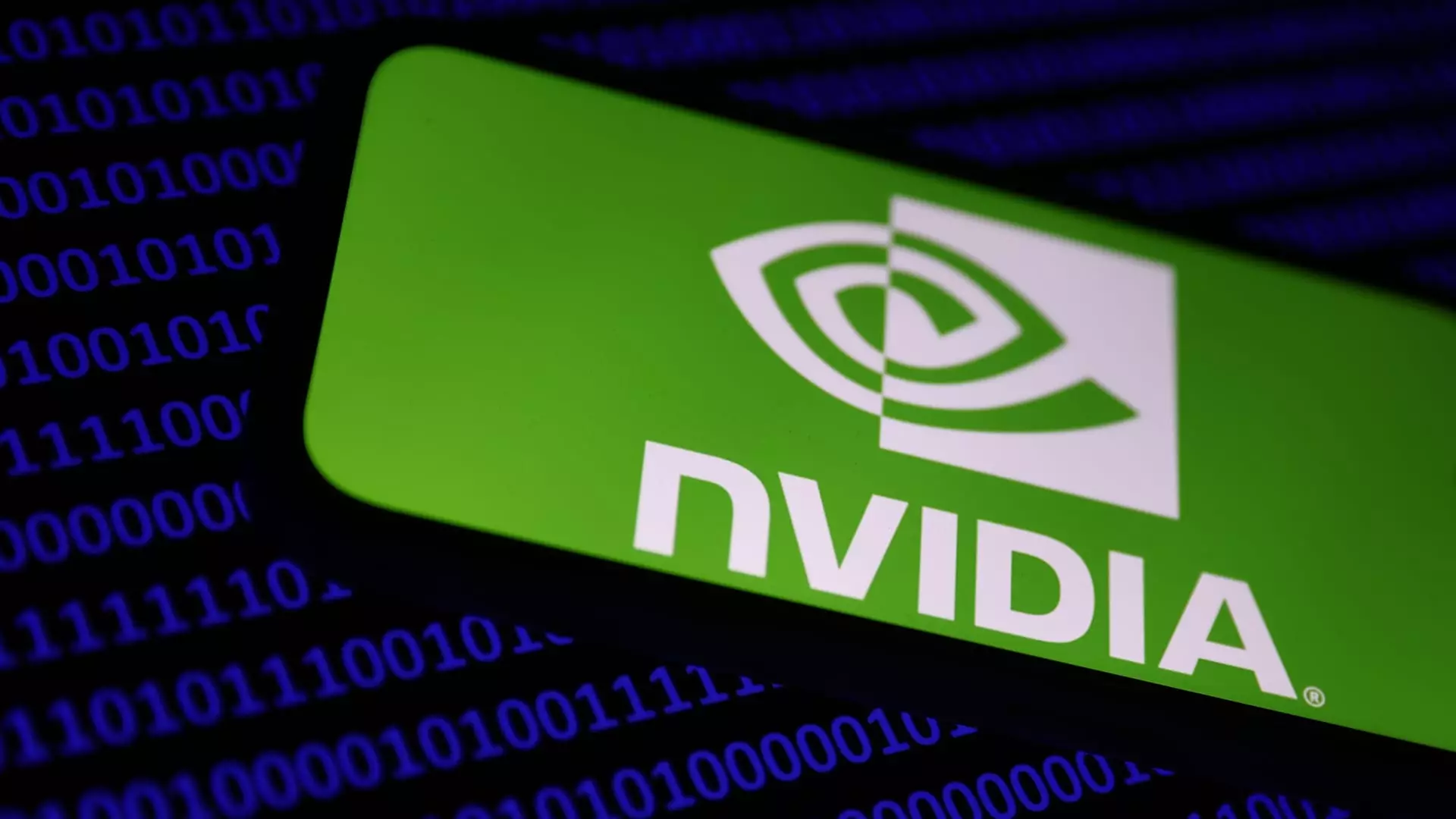The landscape of global artificial intelligence (AI) is rapidly evolving, with nations vying for technological dominance. Among these nations, Saudi Arabia is fervently pursuing access to high-performance chips from U.S. chipmaker Nvidia. This ambition is not merely a matter of corporate interests but reflects broader economic strategies and international collaborations that could reshape the kingdom’s technological landscape.
Nvidia’s H200 series chips are renowned for their capabilities in powering advanced AI models, including those used in OpenAI’s GPT-4. Abdulrahman Tariq Habib, Deputy CEO of the Saudi Data and AI Authority (SDAIA), highlighted the significance of obtaining such technology during a recent interview with CNBC. He expressed optimism, envisioning a scenario within the next year where access to these chips becomes a reality for Saudi Arabia. This is a critical goal, particularly in light of existing U.S. export controls that currently hinder the sale of these essential components to the kingdom.
Habib’s statements were made during the Global Artificial Intelligence Network (GAIN) summit in Riyadh, an event that underscores Saudi Arabia’s commitment to emerging as a significant player in the AI sphere. His comments highlighted the profound impact that access to these chips would have on Saudi Arabia’s ability to build and run sophisticated AI systems, thereby bolstering the nation’s technological infrastructure.
The drive for AI development is intricately linked to Saudi Arabia’s Vision 2030 initiative, aimed at diversifying the economy away from its heavy dependence on oil revenues. A recent SDAIA report indicated that the kingdom is targeting 12% of its Gross Domestic Product (GDP) to come from AI investments by 2030. To facilitate this, the Public Investment Fund (PIF) of Saudi Arabia, valued at approximately $925 billion, is poised to take the lead in financing these ambitious projects.
Additionally, there are reports of negotiations between the PIF and American venture capital firms, notably Andreessen Horowitz, to establish a $40 billion fund focused on AI investments. This initiative highlights the kingdom’s strategic approach to collaborating with established players in the American tech ecosystem while simultaneously seeking to enhance its own capabilities.
The potential easing of export restrictions by the U.S. government regarding the export of advanced semiconductor technology to Saudi Arabia signals a positive trajectory in Saudi-U.S. relations, particularly in the realm of technology and innovation. Habib remarked on the importance of such collaborations, which not only underscore Saudi Arabia’s emerging status in the AI realm but also demonstrate an evolving partnership with the United States.
These developments are critical, especially considering the backdrop of heightened restrictions imposed by the Biden administration over the past two years, aimed primarily at stanching access to advanced technologies by China. The broader implications of these export controls are not lost on Saudi Arabia, which has been balancing its relationships with both the U.S. and China—a challenge that speaks volumes about the geopolitical dimensions of technology access and national security.
Strategic Challenges Ahead
Despite the optimism surrounding access to Nvidia chips, Saudi Arabia faces significant hurdles. The existing export restrictions are rooted in U.S. concerns regarding Saudi Arabia’s partnership with China, which has grown considerably over recent years. China’s status as Saudi Arabia’s largest trading partner and its increased military cooperation adds layers of complexity to the kingdom’s efforts in securing advanced technology. Reports suggest that Riyadh is actively working to reassure Washington regarding its strategic priorities while also avoiding alienating Beijing.
The future of Saudi Arabia’s technological ambitions hinges on its ability to negotiate effectively across these competing interests. As the kingdom seeks to enhance its AI capabilities, it must simultaneously address international security concerns and foster a conducive environment for collaboration with various global partners.
Saudi Arabia’s pursuit of advanced AI technology through access to Nvidia’s high-performance chips encapsulates a broader vision of economic transformation and technological advancement. The kingdom’s commitment to investing in human and data capacity, alongside a proactive strategy to engage with global partners, positions it as a rising force in the AI space. As Saudi Arabia navigates complex international relations while pushing for technological growth, its journey will provide essential lessons on the interplay of geopolitics and innovation in the 21st century.

